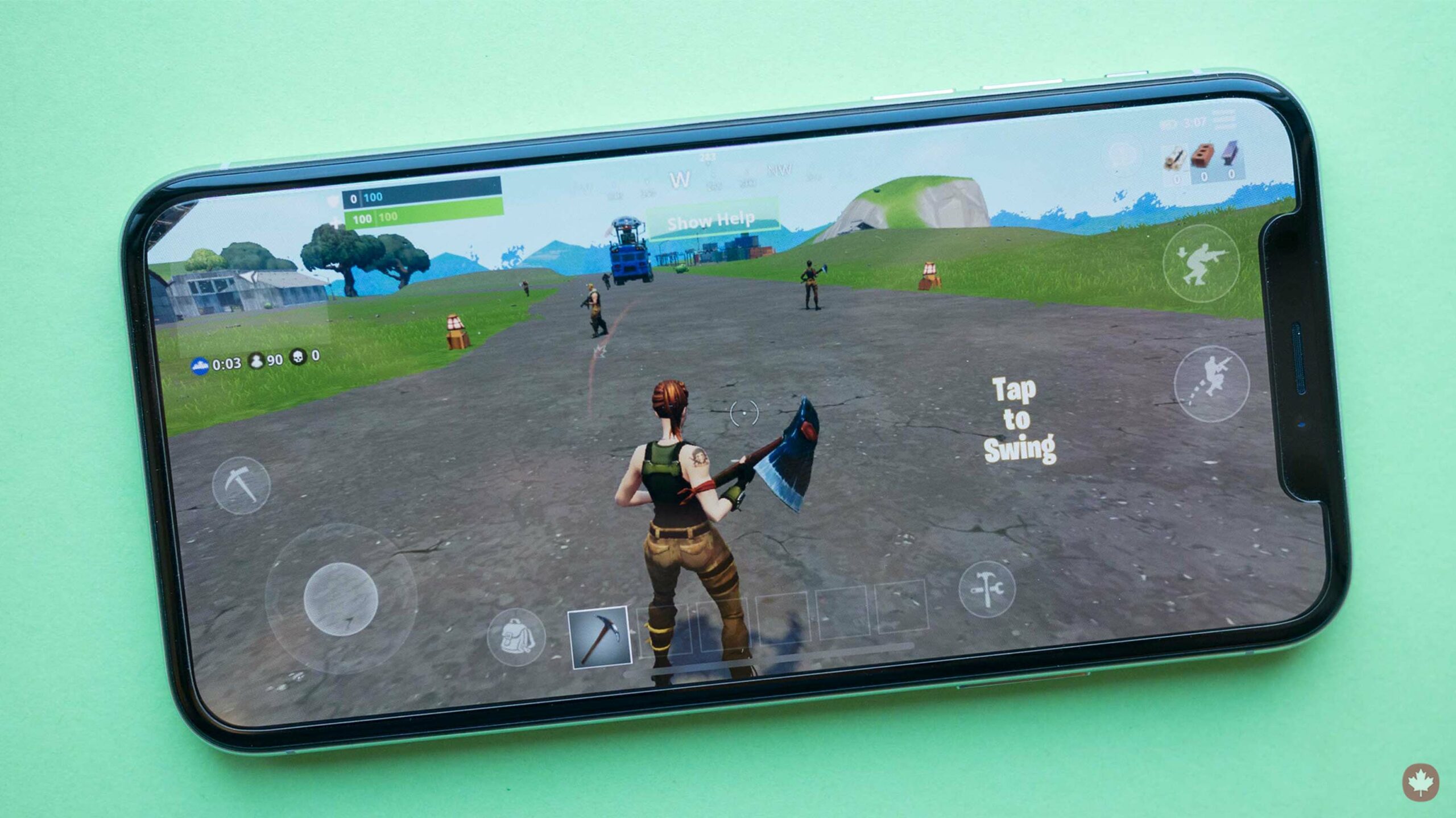Apple said Epic violated the App Store guidelines

Update 13/08/2020 at 7:06pm: Google has also removed Fortnite from the Play Store, citing a similar violation of its app store’s policies.
Update 13/08/2020 at 4:31pm: Along with the legal complaint, Epic rolled out a parody of Apple’s famous ‘1984’ advertisement. The ad says that Apple removed Fortnite from the App Store in retaliation for Epic defying the company’s monopoly. It closes with the hashtag ‘#FreeFortnite.
Epic is now trolling Apple with a ‘1984’ parody commercial. this is amazing pic.twitter.com/fnfPeCErOX
— Rod Breslau (@Slasher) August 13, 2020
Update 13/08/2020 at 3:43pm: Epic Games has filed “legal papers” after Apple removed Fortnite from the App Store.
Epic Games has filed legal papers in response to Apple, read more here: https://t.co/c4sgvxQUvb
— Fortnite (@FortniteGame) August 13, 2020
You can read the full complaint from Epic here. The short version is that Epic isn’t arguing whether it agreed to Apple’s App Store terms (which it did), but that those terms allow Apple to unlawfully maintain its monopoly power over the distribution of software on iOS.
The results of this lawsuit could share precedent for the creation and maintaining of app distribution platforms on digital platforms beyond just Apple’s iOS. That said, it’s worth noting that Google could be in a better position with the Play Store since some third-party marketplaces do exist, although the Play Store is by far the most used and most popular.
In response to Epic’s implementation of direct payments in Fortnite, Apple removed the game from the App Store. Bloomberg’s Mark Gurman spotted the removal.
Apple provided the following statement to The Verge regarding the removal of Fortnite:
“Today, Epic Games took the unfortunate step of violating the App Store guidelines that are applied equally to every developer and designed to keep the store safe for our users. As a result their Fortnite app has been removed from the store. Epic enabled a feature in its app which was not reviewed or approved by Apple, and they did so with the express intent of violating the App Store guidelines regarding in-app payments that apply to every developer who sells digital goods or services.
Epic has had apps on the App Store for a decade, and have benefited from the App Store ecosystem – including its tools, testing, and distribution that Apple provides to all developers. Epic agreed to the App Store terms and guidelines freely and we’re glad they’ve built such a successful business on the App Store. The fact that their business interests now lead them to push for a special arrangement does not change the fact that these guidelines create a level playing field for all developers and make the store safe for all users. We will make every effort to work with Epic to resolve these violations so they can return Fortnite to the App Store.”
However, Apple’s statement doesn’t offer a complete picture regarding the removal of Fortnite. For one, the company says it applies App Store guidelines to all developers equally and accused Epic of pushing for a “special arrangement.” However, documents released as part of a recent congressional hearing showed Apple cut such a deal with Amazon, reducing the typical 30 percent fee to get Prime Video on the App Store.
Further, Apple says Epic’s new payment method wasn’t reviewed or approved by Apple and was added with the “express intent of violation the App Store guidelines.” While Epic arguably made the change to antagonize Apple and goad the company into responding, as the developer pointed out, Apple allows other developers to offer separate payment methods in their apps.
It’s also worth noting that Epic has positioned itself as a sort of ‘champion’ for consumers. Aside from fighting Apple and Google’s App Store fees, the company’s Epic Games Store on PC charges a 12 percent fee for games sold on the platform. The move was to encourage a similar change in competitor Valve’s Steam marketplace, which has long dominated PC gaming and employs a 30 percent price cut structure.
Fortnite remains available on the Google Play Store at the time of writing.
Source: The Verge

